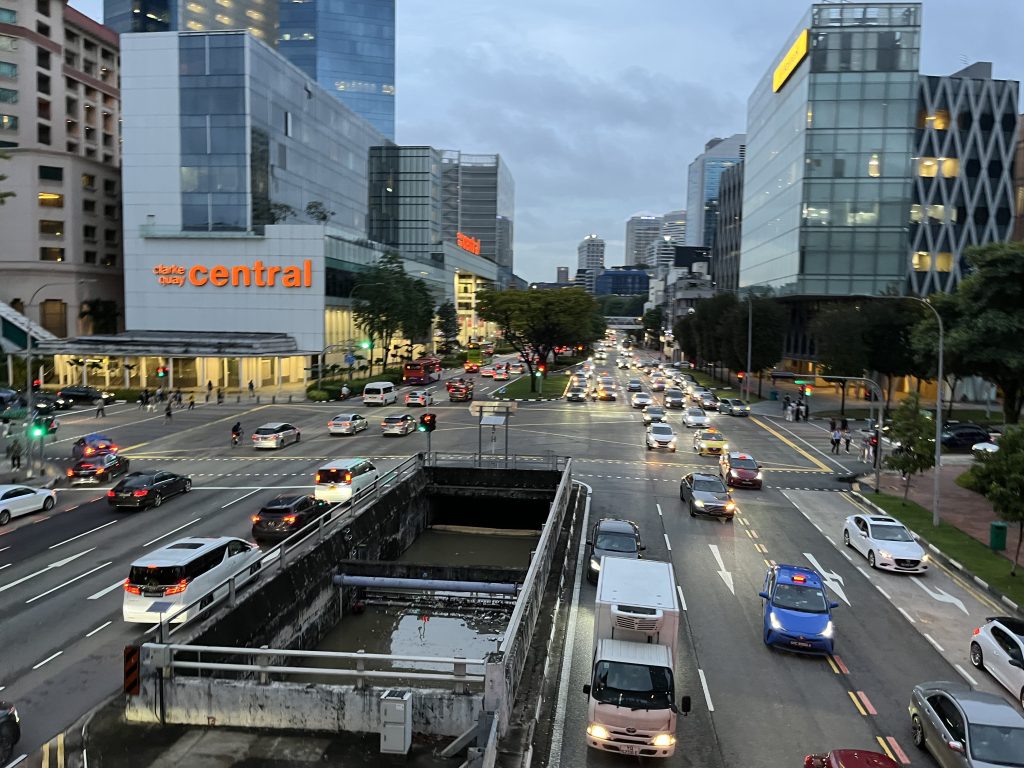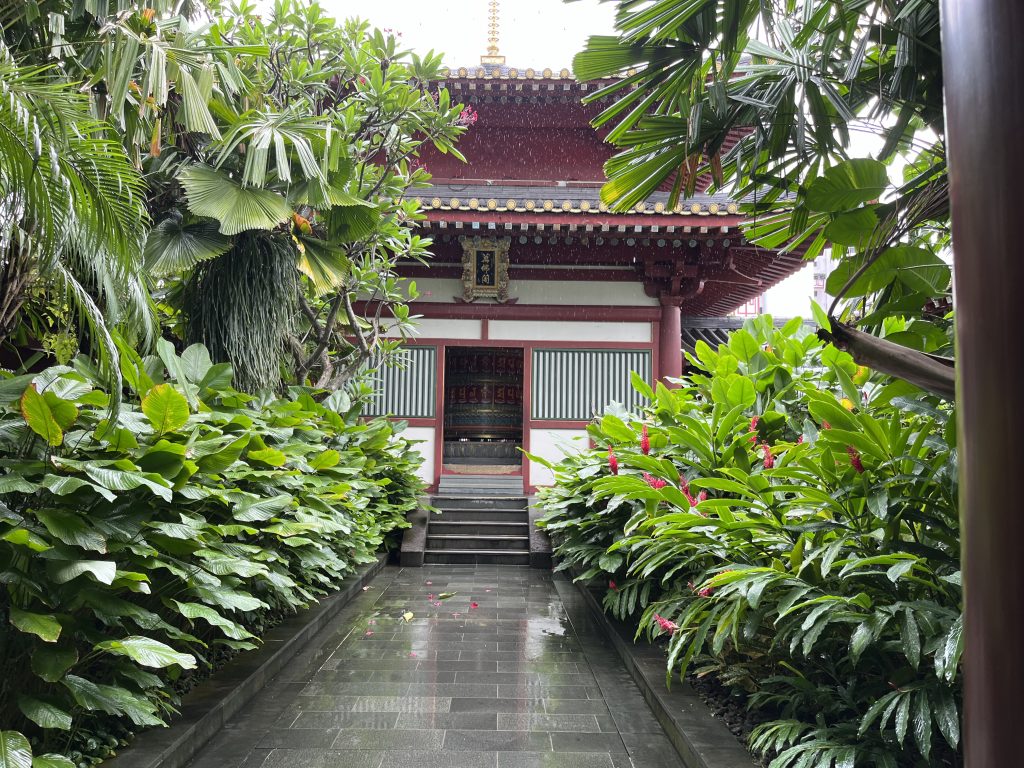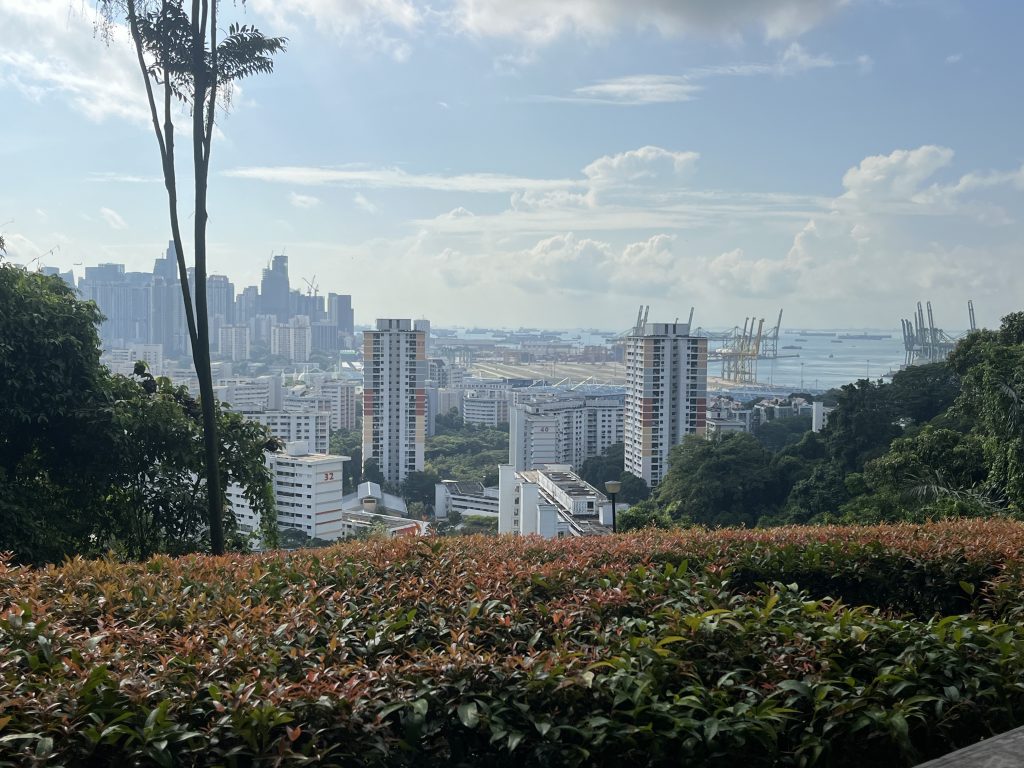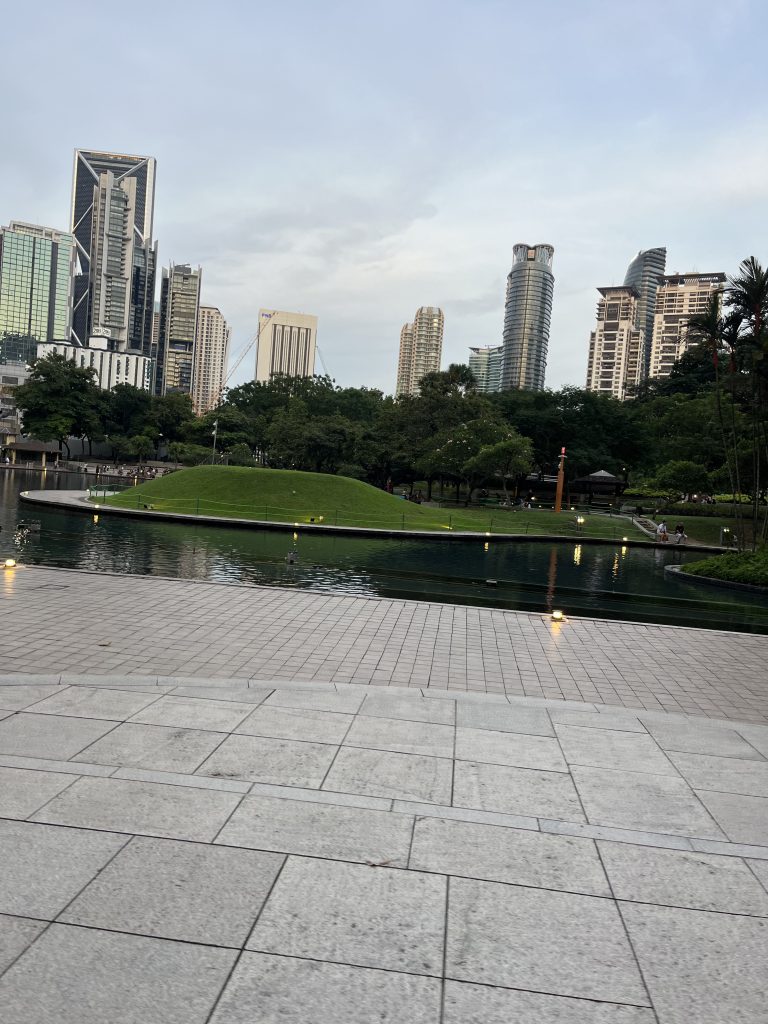For my final blog post, I will reflect on the one major experience I had in both Singapore and Malaysia that I found difficult to adapt to. In both countries, what I found the most difficult to adapt to is time. This is not referring to the trouble I had with adjusting to the different time zones, but rather the attitudes that both cultures have towards time. Time in both Singapore and Malaysia is an essential concept to follow, and not a second of it can be wasted. It was very important in both countries that you hurry yourself along to perform your duties, and to not be a burden on others if you happened to be slow or patient enough to wait. Whether you were a student, a tourist, or even a civilian in either of these countries, it was crucial to be as punctual as possible in every aspect of your life. For instance, if there is something like a major event going on (such as a lecture or a family dinner), you must arrive incredibly early before the set time. Alternatively, when there is an event as minuscule as crossing the street, you still must be quick in how you walk. You might even have to be brave and risky if you are in Malaysia and take a chance at jaywalking, considering the overabundance of traffic that is present in the city.

Regardless of this description though, I first experienced this attitude towards time in Singapore with our tour guide, Richard. He taught us (both physically and verbally) that Singaporeans always walk quickly because they have a sense of duty to accomplish everything in a timely and swift manner. They also take everything seriously and feel an intense need not to waste their time. Time is money, and it is the key to your ultimate success— that is what they believe in, after all. I also experienced this sort of attitude in Malaysia with the massive crowds in the black market and the traffic outside the comfort of our hotel. I became aware that many people jaywalked or skipped lines because they were impatient or had somewhere to be. The sellers on the black market were also just as equally impatient and would haggle and confront many customers just to make a deal or to gain a profit. So, while they were disobeying the law, annoying citizens, and even risking their lives, they still thought of time as something important to uphold.
While I do not fully agree with Singapore or Malaysia’s attitude towards time, this experience appears to be a normal part of their lives. I think most people in these countries view this rush for time as an essential routine, or as a habit that has been ingrained into them since childhood. Even so, due to the laid-backness I’ve developed back in the U.S., my concept of time may be slower than theirs. Since I prefer to take things slowly on a day-by-day basis, I might not fully understand why most Singaporeans or Malaysians appear to be in a rush. Whatever the reason for their intense desire to hurry, this is a normal aspect of both cultures and must be respected and followed as such.




In conclusion then, by reflecting on my experience overall, it has helped to deepen my understanding of culture and to successfully navigate the world by now knowing what to expect when experiencing a foreign culture for the first time. By realizing that people may have different concepts or attitudes on the same thing (in this case, the one thing being time), I now know that I can and that I must adapt as much as possible in order to be respectful towards others and to be responsible for myself. By being aware that different attitudes do exist and may be the opposite of my own, I can at least take responsibility to learn to coexist with them. Doing so has helped me to learn and live closely with people around the world in a safe way and understand what makes us similar and different from one another.
